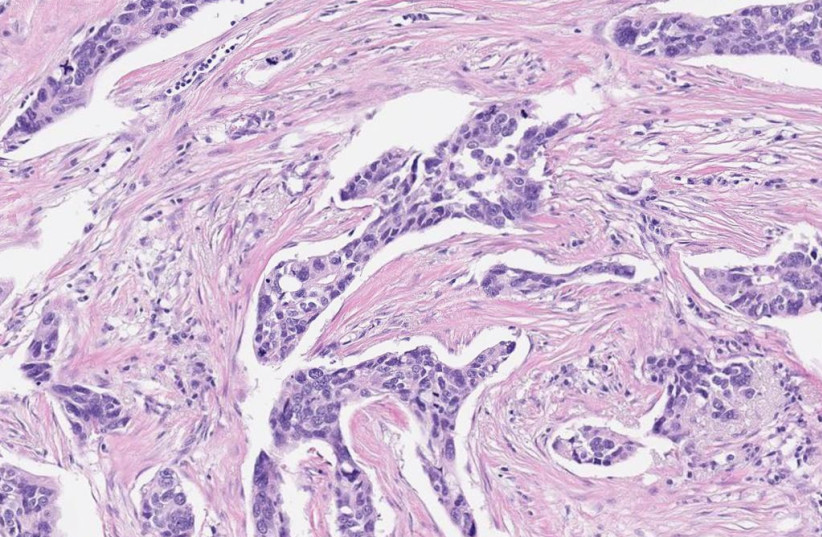Researchers from New York University (NYU) found that aerobic exercise stimulates the immune system to reduce the growth of pancreatic tumors and makes immunotherapy more effective.
A peer-reviewed study, published on Thursday in the Cancer Cell journal, highlights how the immune system can identify cancer cells.
Increased levels of the hormone adrenaline caused by exercise change the immune system, including the processes of cells responding to the signaling protein interleukin-15 (IL-15). According to the researchers, this protein signaling is related to biological systems that combat disease and repair damaged tissues, stimulating muscle recovery after a workout or boosting the immune response to pancreatic cancer.
New findings
The researchers found that exercise helps CD8 T cells sensitive to IL-15 survive and doubles the number of them that target pancreatic ductal adenocarcinoma (PDAC) tumors in lab mice. Further tests found that aerobic exercise for 30 minutes five times per week decreased cancer formation by 50% in one mouse model.

“Our findings show, for the first time, how aerobic exercise affects the immune microenvironment within pancreatic tumors. The work helped to reveal that activation of IL-15 signaling in pancreatic cancer might be an important treatment approach in the future.”
First author Emma Kurz, MD, PhD
“Our findings show, for the first time, how aerobic exercise affects the immune microenvironment within pancreatic tumors," according to first author Emma Kurz, MD, PhD. "The work helped to reveal that activation of IL-15 signaling in pancreatic cancer might be an important treatment approach in the future.”
